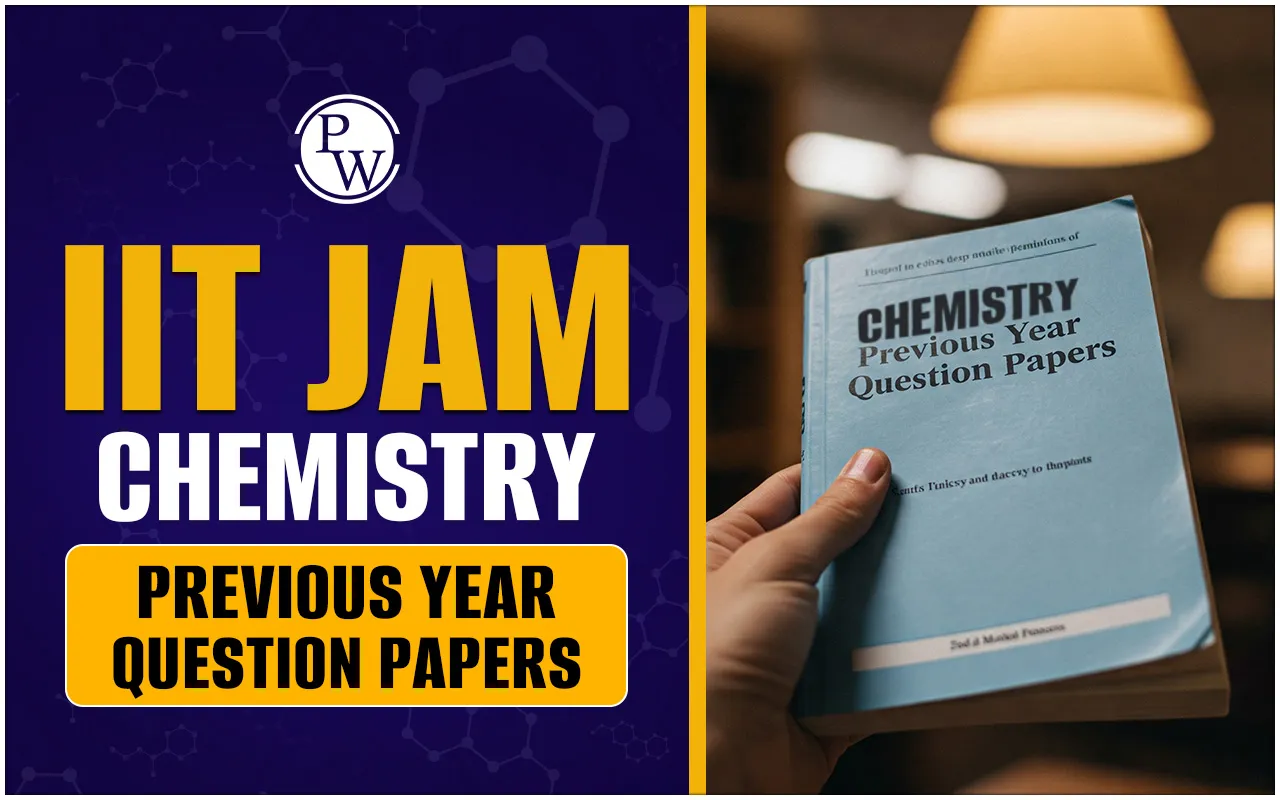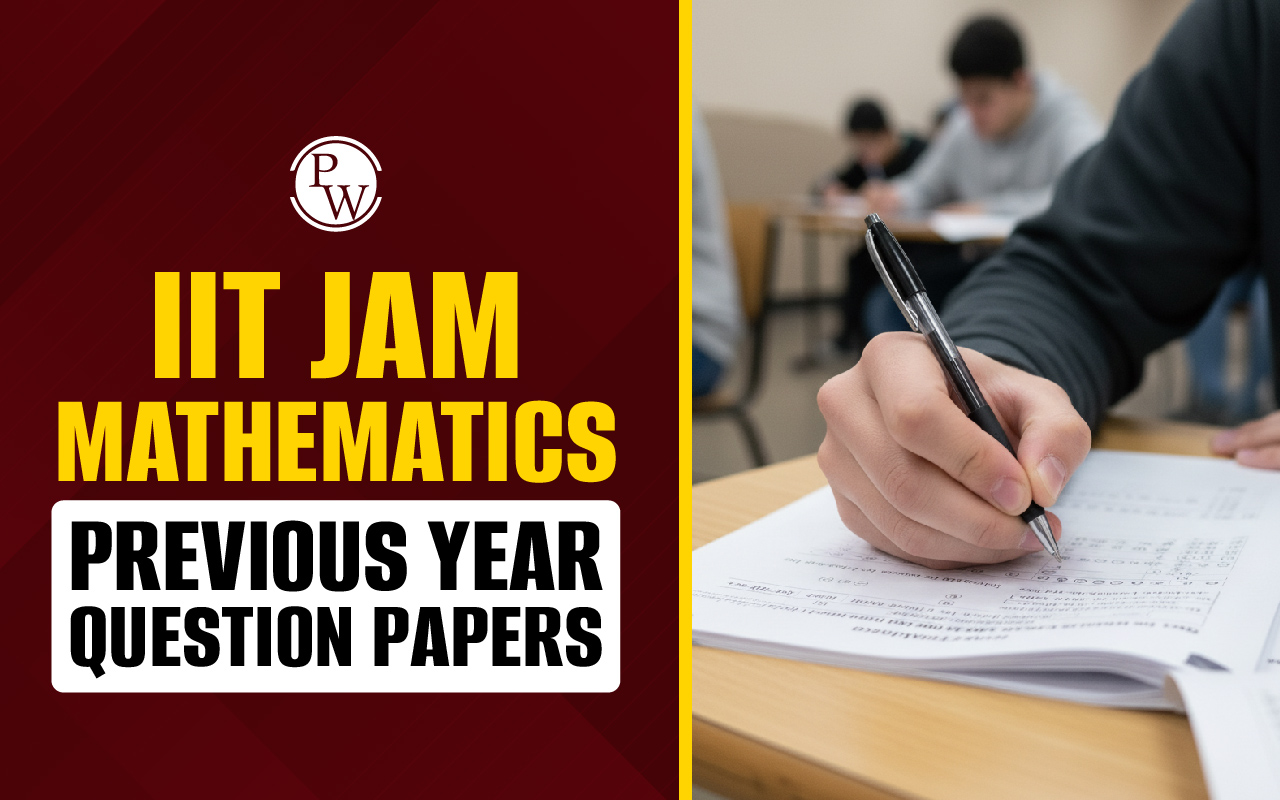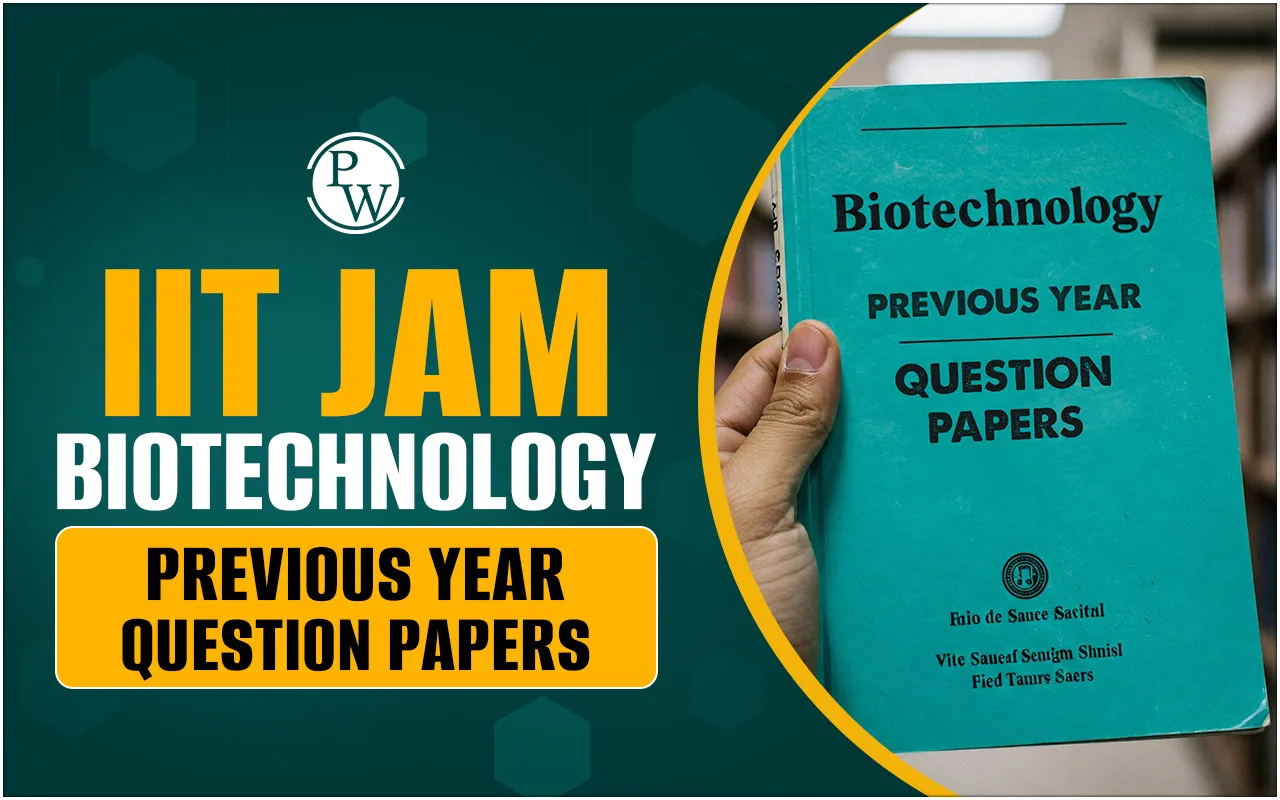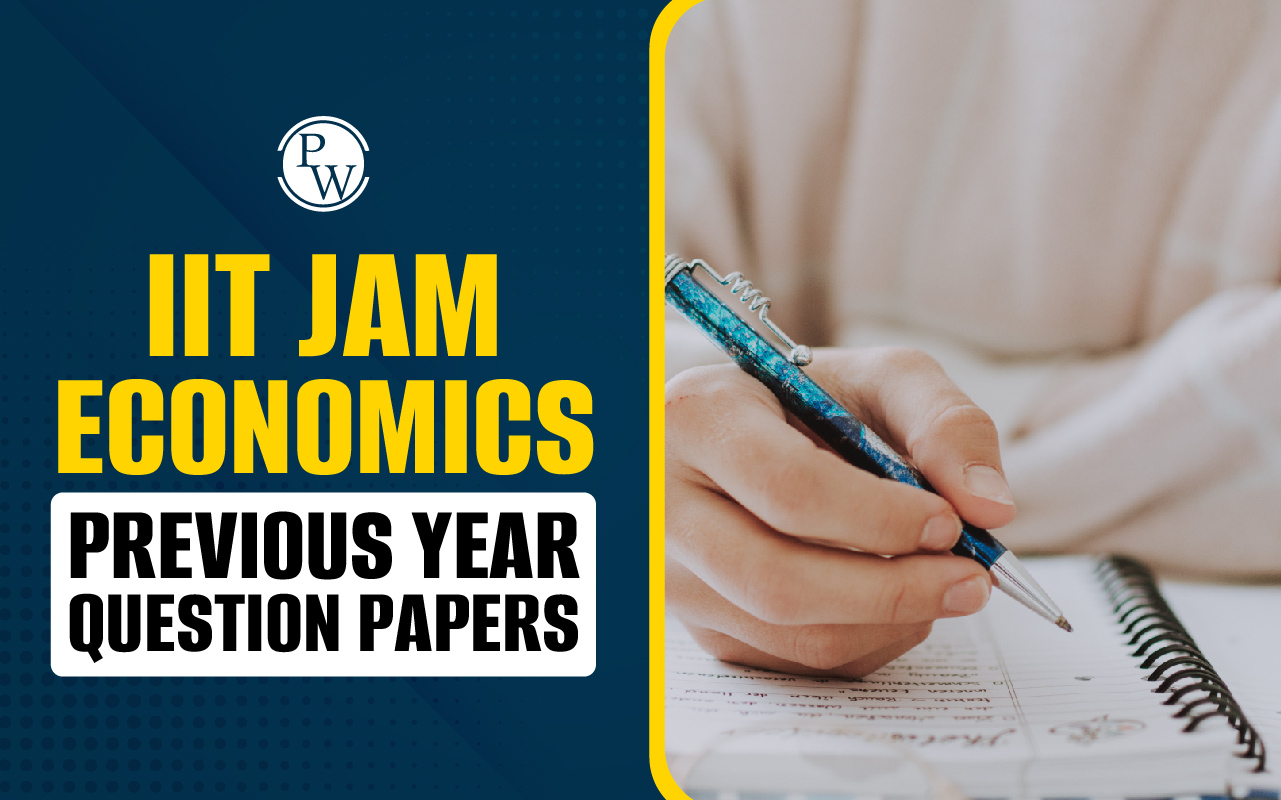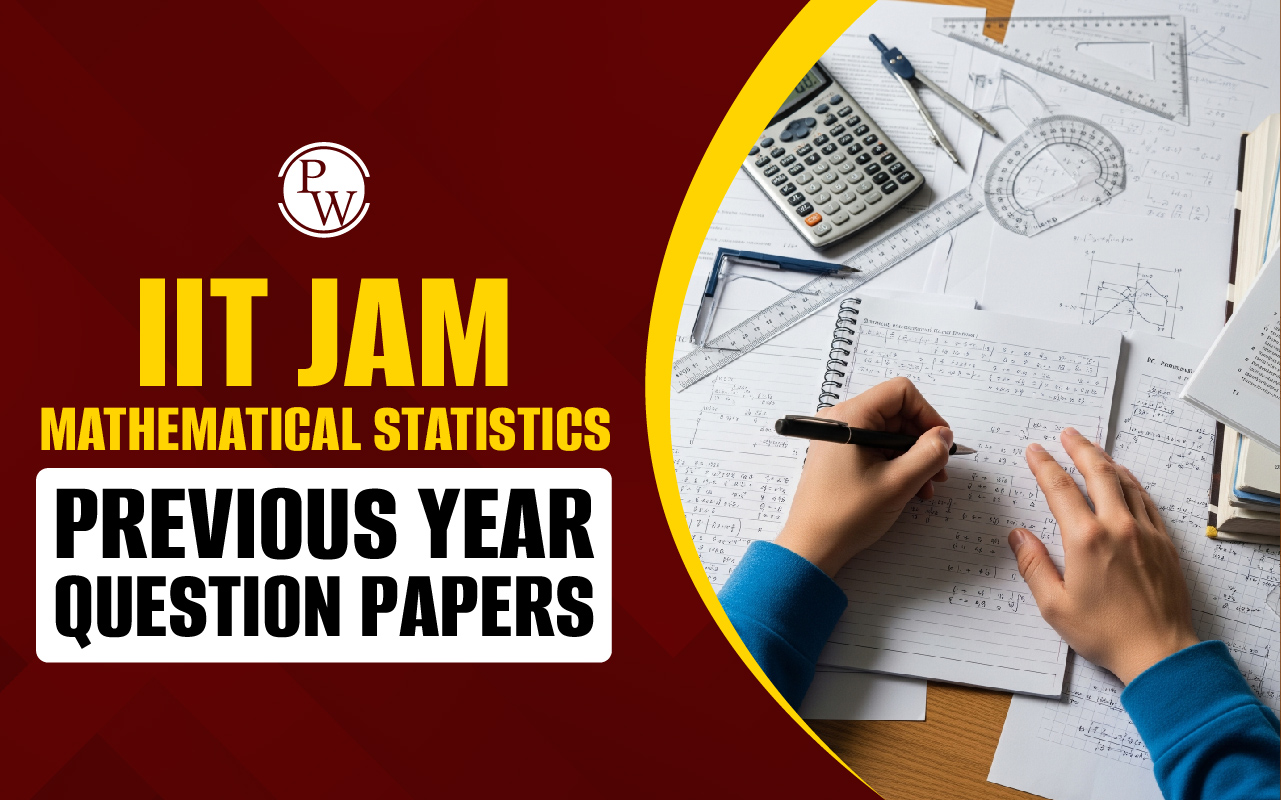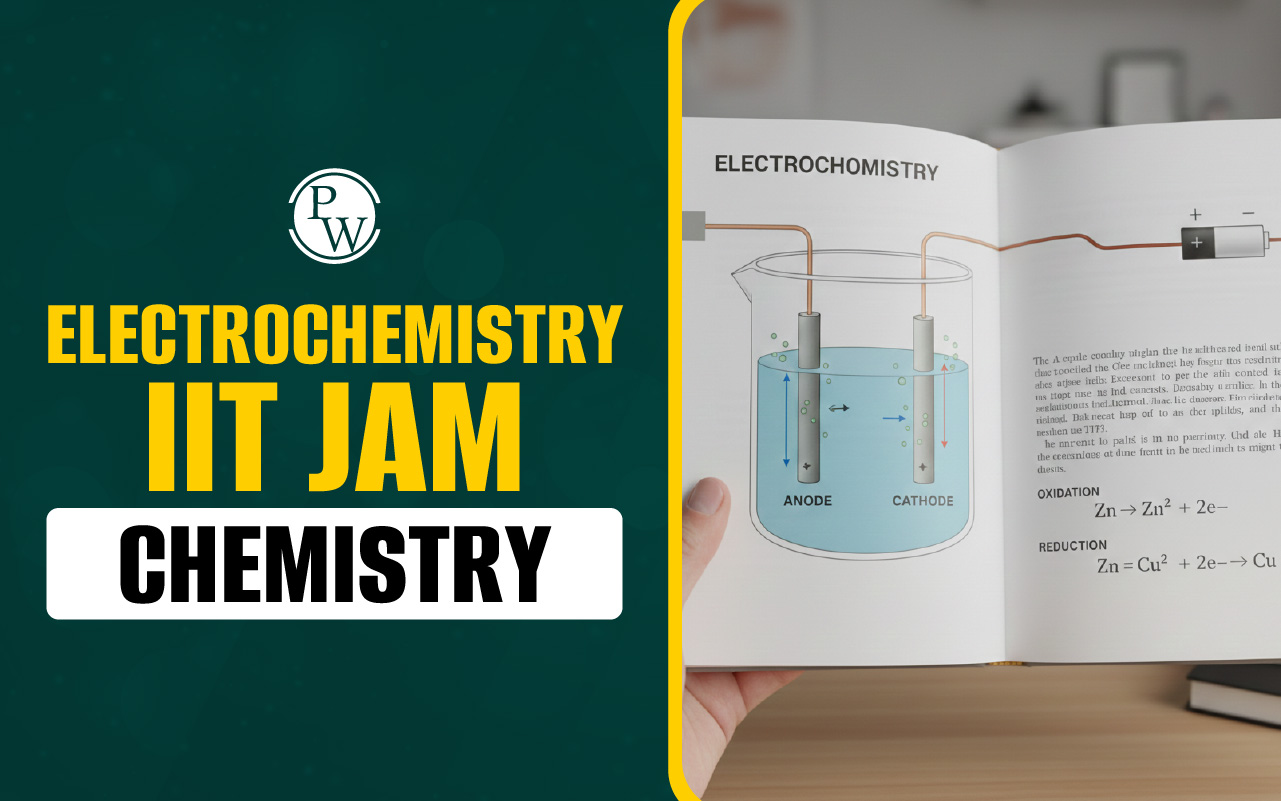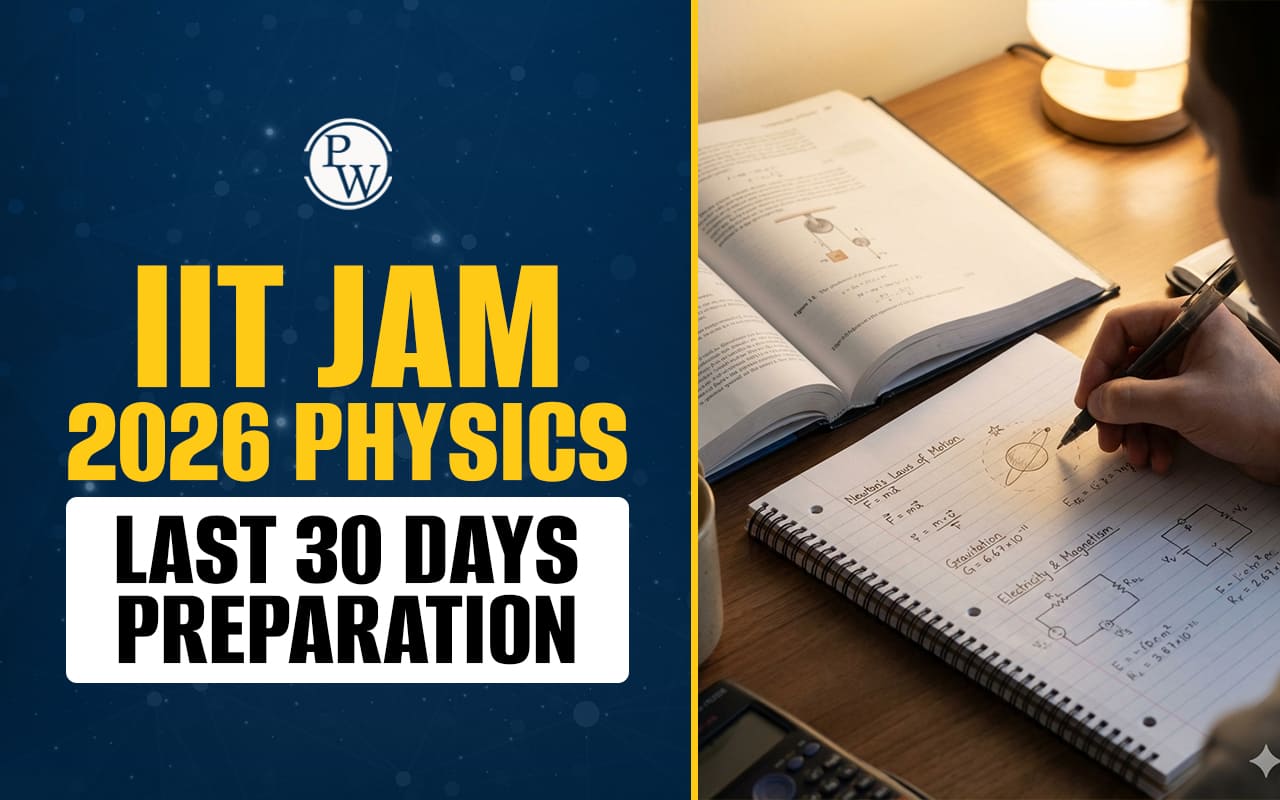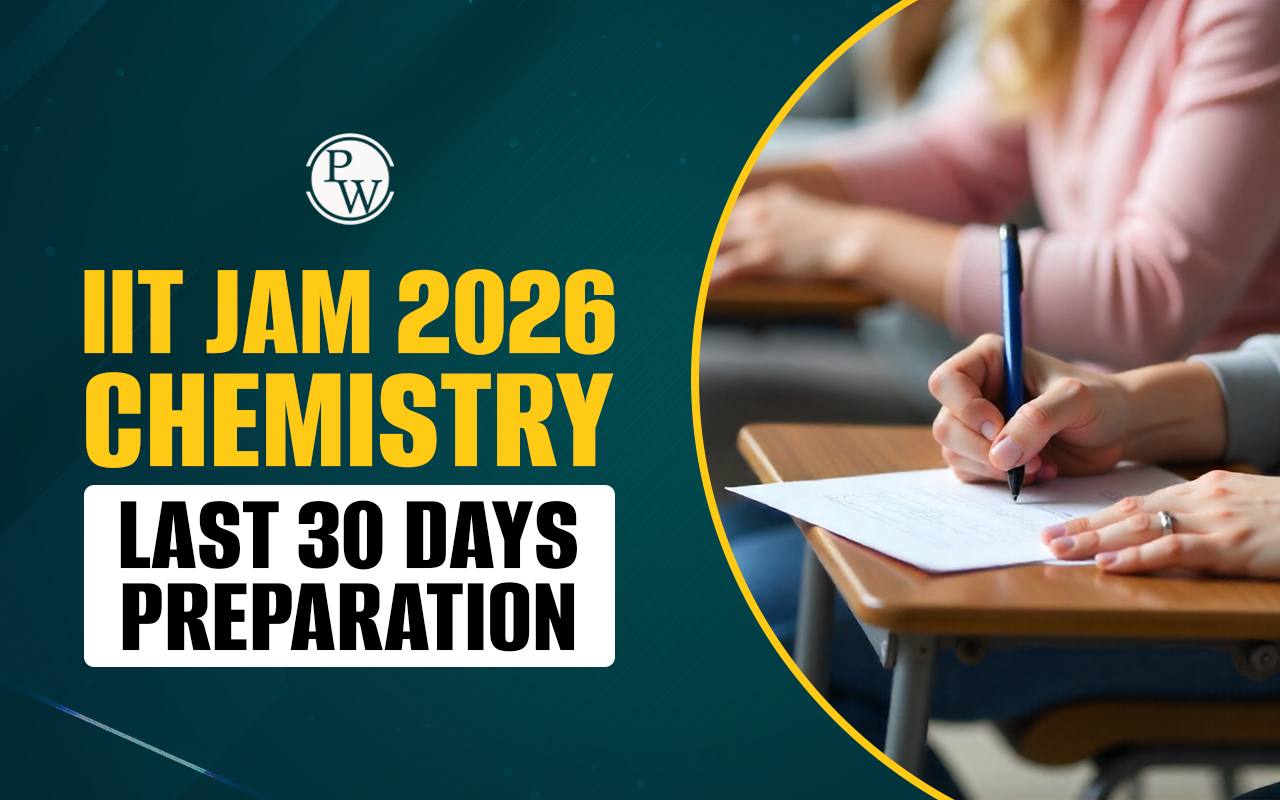
JEST Eligibility 2025: The Joint Entrance Screening Test (JEST) is a national-level annual examination for candidates seeking admission to PhD and Integrated PhD programs. These programs are offered by numerous prestigious institutions in India, focusing primarily on fields such as Theoretical Computer Science and Physics.
In this article, we will discuss the eligibility criteria for various Ph.D. and Integrated M.Sc./M.Tech - Ph.D. programs offered by different institutes for students with a background in Physics. The eligibility criteria vary by institute and program, so prospective candidates must understand these requirements in detail to ensure they meet the qualifications.JEST Eligibility 2025 Overview
The Joint Entrance Screening Test (JEST) is a crucial examination conducted for admission to various integrated MSc, MTech-PhD, and PhD programs in institutes across India. Below is a table summarizing the key details regarding JEST 2025 eligibility and examination structure.| JEST Eligibility 2025 Overview | |
| Exam Name | JEST 2025 |
| Conducting Body | Indian Institute of Space Science and Technology (IIST) |
| Post Category | JEST Eligibility 2025/JEST Eligibility Criteria 2025 |
| Exam Frequency | Once a Year |
| Exam Mode | Offline |
| Courses Offered | Integrated MSc / MTech- PhD/ PhD |
| JEST Notification 2025 Release Date | January 2025(Tentative) |
| JEST 2025 Online Application Starts | January 2025 (Tentative) |
| Application deadline for completing Registration | January 2025 (Tentative) |
| JEST 2025 Exam Date | 23 February 2025 |
| Exam Duration | 180 minutes |
| Total Number of Questions | 50 |
| Language/Mode of Exam | English |
| Official Website | https://www.jest.org.in/ |
JEST Eligibility Criteria 2025
The JSET eligibility criteria 2025 for the various Ph.D., M.Sc., and Integrated M.Sc./M.Tech - Ph.D. programs in Physics depend heavily on the specific requirements of the participating institutes. While a general qualification of a B.Sc. in Physics or a related field is sufficient for many of these programs, specialized institutes accept students with diverse educational backgrounds, including those in engineering, applied physics, and computer science. Therefore, applicants should carefully review the specific requirements for the institutes they are interested in and ensure they meet the necessary criteria before applying.JEST 2025 Ph.D. Program Eligibility in Physics
The Ph.D. program in Physics typically requires a Master’s degree (M.Sc.) in Physics or related disciplines. However, certain institutes also accept candidates with a Bachelor’s degree in Engineering (B.E./B.Tech) or other closely related fields. The eligibility criteria for various institutes offering Ph.D. programs in Physics are discussed in detail below.1. M.Sc. in Physics
The most common qualification for admission to Ph.D. programs in Physics is an M.Sc. degree in Physics. This is applicable to most institutes across India. However, some institutes offer flexibility regarding the degree discipline.2. B.E./B.Tech. in Related Disciplines
Some institutes accept candidates with a B.E./B.Tech. in disciplines closely related to Physics for Ph.D. programs. These programs are designed to cater to students from various engineering backgrounds with an interest in theoretical and experimental physics.3. Alternative Degrees Considered for Ph.D. in Physics
- B.E. / B.Tech. : Several institutes, including IISc, IMSc, ICTS-TIFR, IUCAA, JNCASR, NCRA-TIFR, and TIFR-TCIS, consider B.E. or B.Tech. graduates for admission to Ph.D. programs in Physics. These programs allow students from engineering backgrounds to explore deep theoretical and experimental physics research.
- M.Sc. in Applied Physics : Institutes like IIA, RRI, and NISER consider M.Sc. graduates in Applied Physics, Engineering Physics, and related fields for Ph.D. admission.
- M.Sc. in Astronomy, Electronics, Applied Mathematics : Institutes like IUCAA and NCRA-TIFR allow students with M.Sc. degrees in Astronomy, Electronics, and Applied Mathematics to pursue a Ph.D. in Physics.
4. Specific Institutes’ Criteria
- Indian Institute of Astrophysics (IIA) : Accepts M.Sc. in Applied Physics, Applied Mathematics, Optics, Photonics, and Electronics for Ph.D. programs.
- Tata Institute of Fundamental Research (TIFR) : Recognizes B.Tech degrees in Engineering Physics and Electronics for admission to their Ph.D. programs.
- Satyendra Nath Bose National Centre for Basic Sciences (SNBNCBS) : M.Sc. in Physics, Chemistry, Applied Mathematics, or Biophysics is accepted for Ph.D. programs.
JEST 2025 Integrated M.Sc. / M.Tech - Ph.D. Program Eligibility
The Integrated M.Sc. / M.Tech - Ph.D. programs are designed for students who wish to pursue both a postgraduate and doctoral degree in a seamless academic track. These programs usually combine coursework with research activities.1. JEST Eligibility Criteria for Integrated M.Sc. / M.Tech - Ph.D. Programs in Physics
Institutes offering Integrated M.Sc. / M.Tech - Ph.D. programs generally require candidates to have a Bachelor's degree in Physics or a related field. Specific eligibility criteria are outlined below:- SNBNCBS: B.Sc. in Physics (Major/Hons) : Candidates with a B.Sc. degree in Physics (with Honors or Major) are eligible for the Integrated M.Sc.-Ph.D. program in Physics.
- IMSc (Institute of Mathematical Sciences): B.Sc. (Physics) : Students with a B.Sc. degree in Physics are eligible for this program.
- IIA (Indian Institute of Astrophysics): B.Sc. (Physics/Mathematics) or B.E./B.Tech. : Candidates from disciplines such as Electrical, Instrumentation, Engineering Physics, Electronics, Communications, or Computer Science are eligible for this program.
- NISER (National Institute of Science Education and Research): B.Sc. in Physics or B.E./B.Tech. in Engineering Physics : Candidates with first-class marks in their B.Sc. or B.E./B.Tech. degree are eligible.
- IISERs (Indian Institutes of Science Education and Research): B.Sc. in Physics : Graduates with a B.Sc. degree in Physics are eligible to apply.
2. Eligibility for Specialized Integrated Programs
Some institutes have specialized Integrated M.Sc. / M.Tech programs focusing on interdisciplinary fields such as Theoretical Computer Science, Astrophysics, and Applied Mathematics. These programs offer a mix of theoretical knowledge and practical research experience.- IMSc (Institute of Mathematical Sciences): B.Sc. / B.E. / B.Tech. in Computer Science or Related Disciplines : Candidates with a background in Computer Science are eligible for the Integrated Ph.D. program in Theoretical Computer Science.
- Bose Institute: B.Sc. in Physics / Mathematics / Computer Science : Candidates with a background in any of these fields are eligible for the Integrated M.Sc. / Ph.D. program at Bose Institute.
JEST 2025 M.Sc. Program Eligibility
For admission to an M.Sc. in Physics, candidates typically need a B.Sc. in Physics or a related field. Below are the eligibility criteria for some renowned institutes that offer M.Sc. programs in Physics.- Homi Bhabha Research Institute (HRI) : B.Sc. in Physics or B.E./B.Tech. : Candidates with either a B.Sc. in Physics or an Engineering degree can apply to HRI’s M.Sc. program in Physics.
- Joint SPPU-IUCAA MSc Physics (Astrophysics) Program : B.Sc. in Physics and Mathematics or B.E./B.Tech. : Candidates with a minimum of 55% marks are eligible to apply for the Joint SPPU-IUCAA M.Sc. program in Astrophysics.
- IISERs (Indian Institutes of Science Education and Research) : B.Sc. in Physics : IISERs offer an M.Sc. program in Physics to students with a B.Sc. degree in Physics.
- TIFR (Tata Institute of Fundamental Research) : B.Sc. in Physics : TIFR admits students with a B.Sc. degree in Physics to its M.Sc. program.
JEST Specialized Ph.D. Programs
Some institutes offer specialized Ph.D. programs in fields such as Computational Biology, Neuroscience, and Theoretical Computer Science, which involve a combination of different scientific disciplines.- Computational Biology at IMSc : M.Sc., M.E., M.Tech., or MCA in any engineering or science discipline: Candidates with a good mathematical background and strong interest in biological problems are eligible.
- Neuroscience at NBRC (National Brain Research Centre) : M.Sc. in Physics / Mathematics / Engineering : Candidates with backgrounds in physics or engineering are eligible to apply for the Ph.D. program in Neuroscience at NBRC.
- Theoretical Computer Science at IMSc : B.Sc. / B.E. / B.Tech. in Computer Science or related disciplines : Interested students must have an inclination toward the mathematical aspects of computer science.
| JEST 2025 Other Related Links | |
| JEST 2025 | JEST Eligibility 2025 |
| JEST Application Form 2025 | JEST Exam Date 2025 |
| JEST Participating Institutes 2025 | JEST Previous Year Question Papers |
JEST Eligibility 2025 FAQs
Can students with a background in Mathematics apply for JEST 2025 Ph.D. programs in Physics?
Yes, several institutes accept candidates with an M.Sc. in Mathematics, Applied Mathematics, or a related field for Ph.D. programs in Physics.
Can students with a B.E./B.Tech. degree apply for JEST 2025 Ph.D. programs?
Yes, several institutes, including IISc, IMSc, TIFR, and IUCAA, accept candidates with a B.E./B.Tech. degree in disciplines like Engineering Physics, Electronics, and Applied Physics for their Ph.D. programs in Physics.
Are there any age restrictions for JEST 2025?
No, JEST 2025 does not impose any age limit for candidates applying for Ph.D. or Integrated M.Sc./M.Tech - Ph.D. programs. However, individual institutes may have their own specific age-related criteria.
When will the JEST 2025 notification be released?
The JEST 2025 notification is expected to be released in January 2025 (tentative).
What is the minimum percentage required to apply for JEST 2025?
Institutes may specify minimum percentage requirements for eligibility. Typically, candidates are required to have at least 55% marks in their qualifying degree (B.Sc., M.Sc., or B.E./B.Tech.) to be eligible.
Talk to a counsellorHave doubts? Our support team will be happy to assist you!

Check out these Related Articles
Free Learning Resources
PW Books
Notes (Class 10-12)
PW Study Materials
Notes (Class 6-9)
Ncert Solutions
Govt Exams
Class 6th to 12th Online Courses
Govt Job Exams Courses
UPSC Coaching
Defence Exam Coaching
Gate Exam Coaching
Other Exams
Know about Physics Wallah
Physics Wallah is an Indian edtech platform that provides accessible & comprehensive learning experiences to students from Class 6th to postgraduate level. We also provide extensive NCERT solutions, sample paper, NEET, JEE Mains, BITSAT previous year papers & more such resources to students. Physics Wallah also caters to over 3.5 million registered students and over 78 lakh+ Youtube subscribers with 4.8 rating on its app.
We Stand Out because
We provide students with intensive courses with India’s qualified & experienced faculties & mentors. PW strives to make the learning experience comprehensive and accessible for students of all sections of society. We believe in empowering every single student who couldn't dream of a good career in engineering and medical field earlier.
Our Key Focus Areas
Physics Wallah's main focus is to make the learning experience as economical as possible for all students. With our affordable courses like Lakshya, Udaan and Arjuna and many others, we have been able to provide a platform for lakhs of aspirants. From providing Chemistry, Maths, Physics formula to giving e-books of eminent authors like RD Sharma, RS Aggarwal and Lakhmir Singh, PW focuses on every single student's need for preparation.
What Makes Us Different
Physics Wallah strives to develop a comprehensive pedagogical structure for students, where they get a state-of-the-art learning experience with study material and resources. Apart from catering students preparing for JEE Mains and NEET, PW also provides study material for each state board like Uttar Pradesh, Bihar, and others
Copyright © 2026 Physicswallah Limited All rights reserved.
